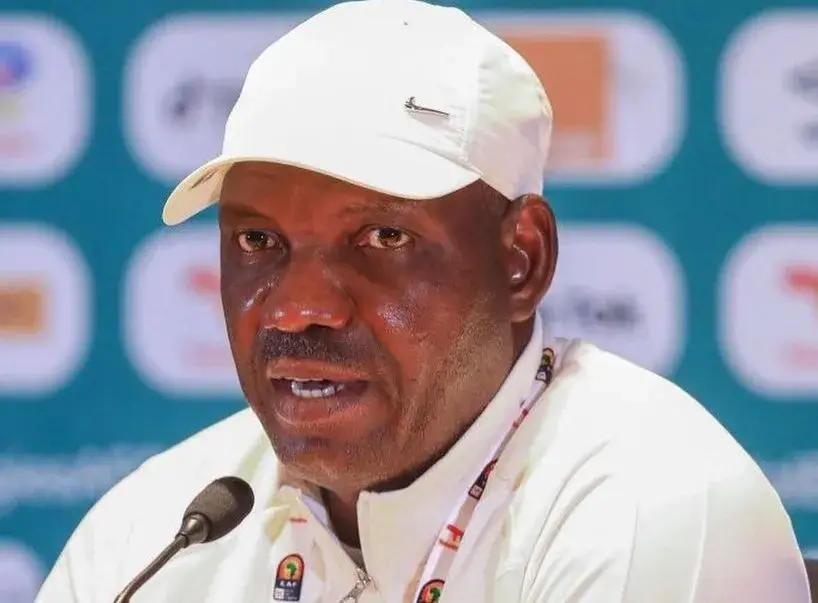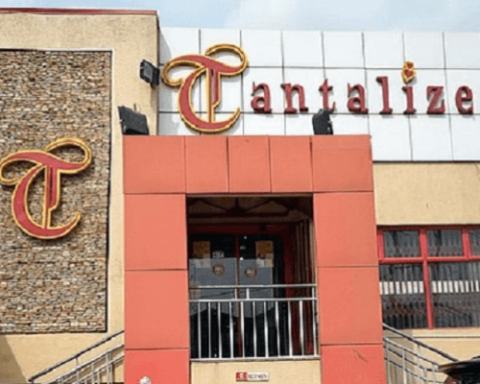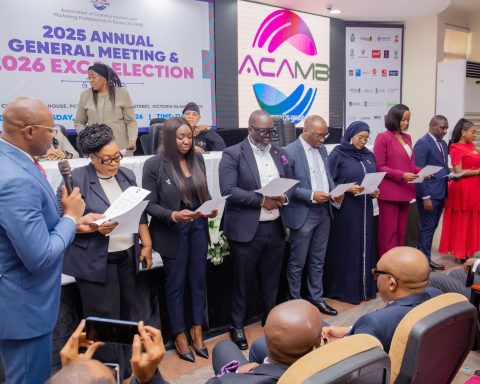NACCIMA Commends New Minimum Wage
The Nigerian Association of Chambers of Commerce, Industry, Mines, and Agriculture (NACCIMA) has applauded the Federal Government’s decision to begin payment of N70,000 minimum wage to workers across the country.
In a statement released by the National President of NACCIMA, Dele Oye, the association praised the government’s effort to adjust the minimum wage, stating it reflects the current economic reality. Oye said, “NACCIMA commends the Federal Government’s decision to commence the payment of the new minimum wage of N70,000.”
Join our WhatsApp ChannelThis comes after the Federal Government directed both public and private sectors to ensure that no Nigerian worker is paid below the new minimum wage. The move is part of the government’s effort to tackle the rising cost of living due to inflation.
Concerns About Punitive Measures for Defaulters
However, NACCIMA also expressed concern over the punitive measures proposed for employers who fail to meet the new wage requirement. Oye highlighted that while the decision to enforce the minimum wage is commendable, the threat of imprisonment for defaulters could be counterproductive.
“We express concerns about the threat of imprisonment for defaulters, as this is unhelpful,” Oye remarked. He further explained that while the intention to ensure compliance is understood, the focus should be on dialogue rather than punishment.
NACCIMA urged the Federal Government to work closely with businesses and labor unions to find amicable solutions for any challenges that arise from the implementation of the minimum wage.
Minimum Wage Adjustment Necessary, Says Government
The Federal Government, on the other hand, has emphasized the necessity of the N70,000 minimum wage as part of efforts to address economic challenges. Speaking at the 13th Annual General Meeting of the Employers Association for Private Employment Agencies of Nigeria in Lagos, Alhaji Ismaila Abubakar, Permanent Secretary of the Ministry of Labour and Employment, reaffirmed the government’s commitment to ensuring that no worker in Nigeria earns below the new wage.
READ ALSO: Supplementary Budget, Minimum Wage May Hinder Economic Reforms, Warns Agusto & Co.
“We expect both public and private sectors to comply fully. This minimum wage is a reflection of the economic realities we face, and no worker should be paid less,” Abubakar said. He also noted that any deviation would not be tolerated by the government.
Engagement with Stakeholders Urged
NACCIMA also called for collaborative engagement between the government, labor unions, and other stakeholders. The association believes that a dialogue-driven approach would help to address lingering concerns about the increase in the cost of fuel and other economic issues that affect both businesses and workers. Oye stated, “We urge the government to engage with stakeholders, including labor unions, in a collaborative manner to address complaints regarding the current economic challenges.”
This call comes as state and local governments that have not yet implemented the new minimum wage are expected to do so in the coming months. Oye stressed that cooperation between all parties would foster smoother implementation and reduce the tension between employers and employees.
Private Sector Compliance Essential
The Federal Government’s directive for private-sector employers to comply with the N70,000 minimum wage has sparked a wave of discussion, particularly among businesses facing tough economic conditions. Some companies have raised concerns about the feasibility of adjusting wages without affecting their operations.
Nevertheless, NACCIMA continues to advocate for a balanced approach. While the association recognizes the financial strain that businesses may face, it insists that workers deserve fair compensation that reflects the realities of the current economy. Oye concluded, “While businesses may face difficulties, it is important to ensure workers are paid adequately to maintain a stable workforce and economy.”
The conversation surrounding the minimum wage is expected to continue as stakeholders negotiate how best to implement this policy across various sectors, ensuring both businesses and employees thrive amidst economic pressures.
Emmanuel Ochayi is a journalist. He is a graduate of the University of Lagos, School of first choice and the nations pride. Emmanuel is keen on exploring writing angles in different areas, including Business, climate change, politics, Education, and others.
- Emmanuel Ochayihttps://www.primebusiness.africa/author/ochayi/
- Emmanuel Ochayihttps://www.primebusiness.africa/author/ochayi/
- Emmanuel Ochayihttps://www.primebusiness.africa/author/ochayi/
- Emmanuel Ochayihttps://www.primebusiness.africa/author/ochayi/















